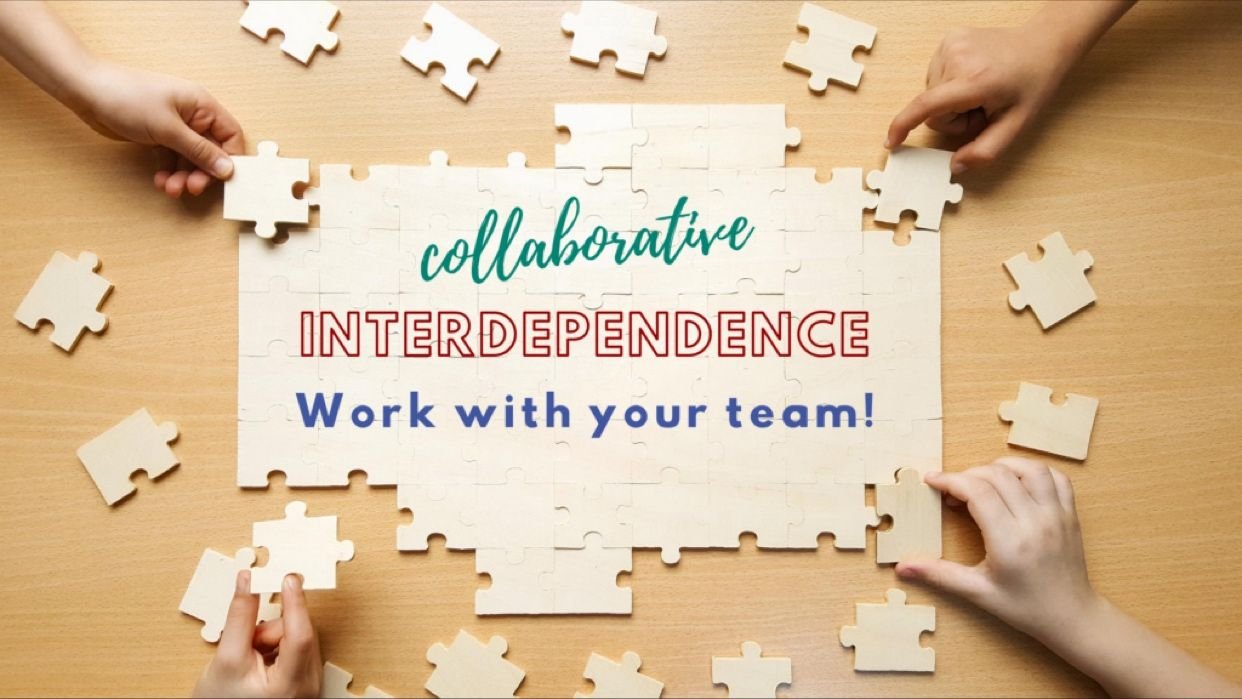On Interdependence
In today’s, highly individualized work environment, promoting a culture of interdependence is essential for fostering not only stronger teams but more emotionally intelligent and empathetic leaders. While traditional workplaces often emphasize independence and celebrate individual achievement, there’s growing recognition that true innovation and long-term success stem from collective individuality, where each person brings their strengths into a shared process.
In my experience leading creative teams globally, I’ve seen how interdependence creates a dynamic where success isn’t about a single “hero” but about relationship-building, much like the dynamics we see in therapy and psychological analysis. Just as therapy focuses on understanding relationships rather than individuals in isolation, teams function best when everyone recognizes their impact on others and how collaboration enhances both personal and collective performance.
This shift requires organizations to foster emotional intelligence (EQ), encouraging self-awareness and empathy in leadership. A workplace that promotes collaborative problem-solving rather than competition encourages employees to view challenges through the lens of the group, creating an ecosystem where the sum truly is greater than its parts. Leaders need to model and champion this collective responsibility.
In a recent role, I witnessed firsthand how this mindset empowered my team to break through silos and generate richer, more innovative solutions. Rather than celebrating the work of a few, we celebrated the process and the relationships that enabled our success.

